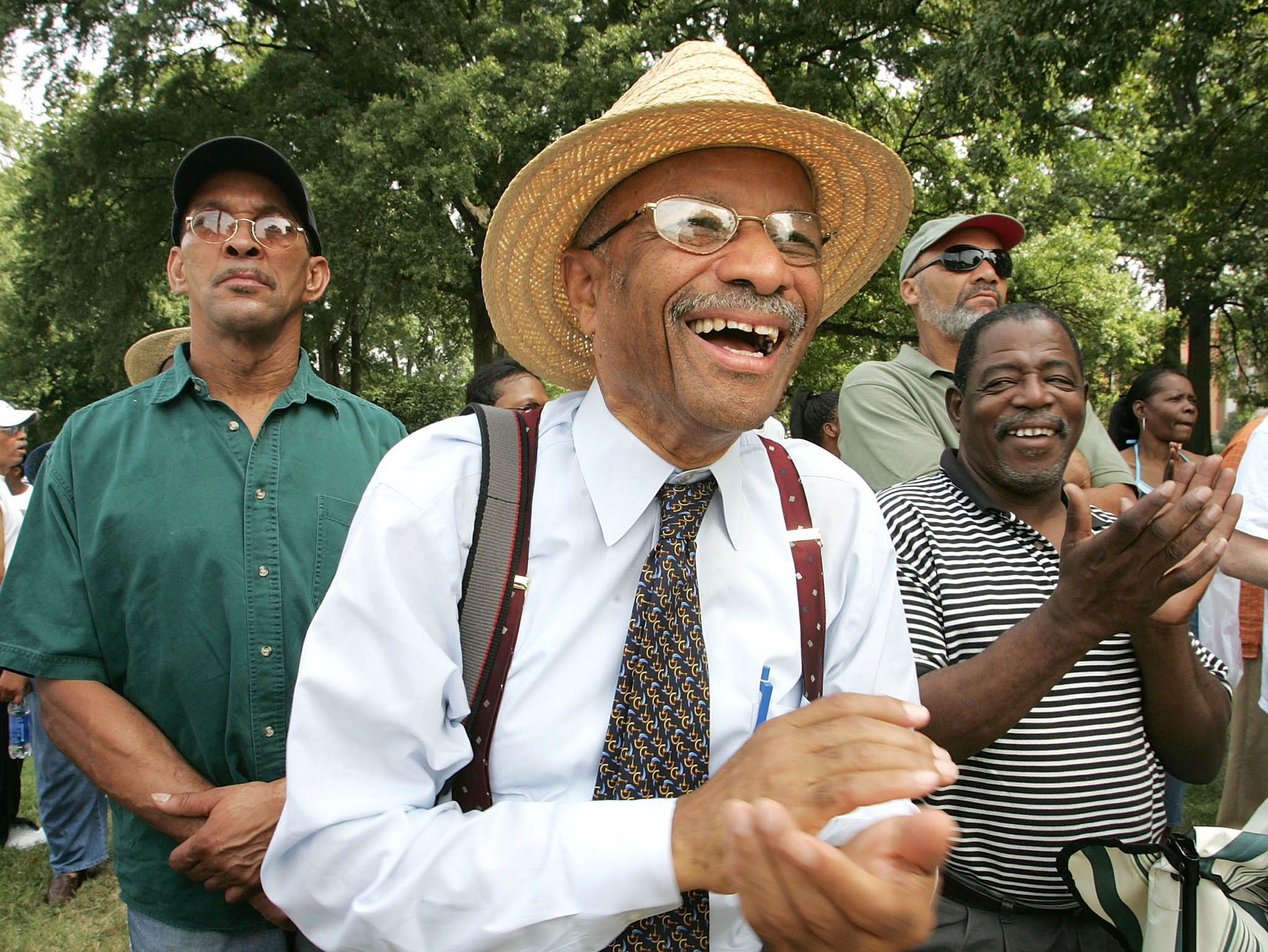Racially distinctive names linked to longer lives, research finds
'A whole additional year on their lives, in mortality terms, is remarkable'

Your support helps us to tell the story
From reproductive rights to climate change to Big Tech, The Independent is on the ground when the story is developing. Whether it's investigating the financials of Elon Musk's pro-Trump PAC or producing our latest documentary, 'The A Word', which shines a light on the American women fighting for reproductive rights, we know how important it is to parse out the facts from the messaging.
At such a critical moment in US history, we need reporters on the ground. Your donation allows us to keep sending journalists to speak to both sides of the story.
The Independent is trusted by Americans across the entire political spectrum. And unlike many other quality news outlets, we choose not to lock Americans out of our reporting and analysis with paywalls. We believe quality journalism should be available to everyone, paid for by those who can afford it.
Your support makes all the difference.American men with traditionally black names live an average of a year longer than other black men, a study has suggested.
Extensive research covering 168 years conducted by academics at Michigan State University (MSU) indicates men with names such as Elijah and Moses are likely to live to an older age.
The researchers behind the study, published in the journal of Explorations in Economic History, looked at three million death certificates of black men in the US between 1802 and 1970.
Lisa D Cook, associate professor at MSU’s Department of Economics said: “Our findings show a large advantage over a person’s lifetime."
The team looked at the deaths of men from four states - Alabama, Illinois, Missouri and North Carolina - and focused on names from the early 20th century, including Abraham, Booker and Isaac.
“A whole additional year on their lives, in mortality terms, is remarkable,” Professor Cook said.
“Even a third of a year is significant.”
Researchers at MSU noted many of the names were Biblical and theorised the reason men with Old Testament names may have lived longer could have been because “the teachers in these one-room schoolhouses – teachers who also taught Sunday school – probably placed implicit expectations on students with these distinctive names”.
“I think that gave them a status they otherwise would not have had,” Professor Cook added.
Previous research has shown people in the US with racially distinctive names face problems applying for jobs and receiving government help.
“When people hear a name that’s foreign or strange to them in their profession, implicitly, they shut down,” Ms Cook said.
Join our commenting forum
Join thought-provoking conversations, follow other Independent readers and see their replies
Comments